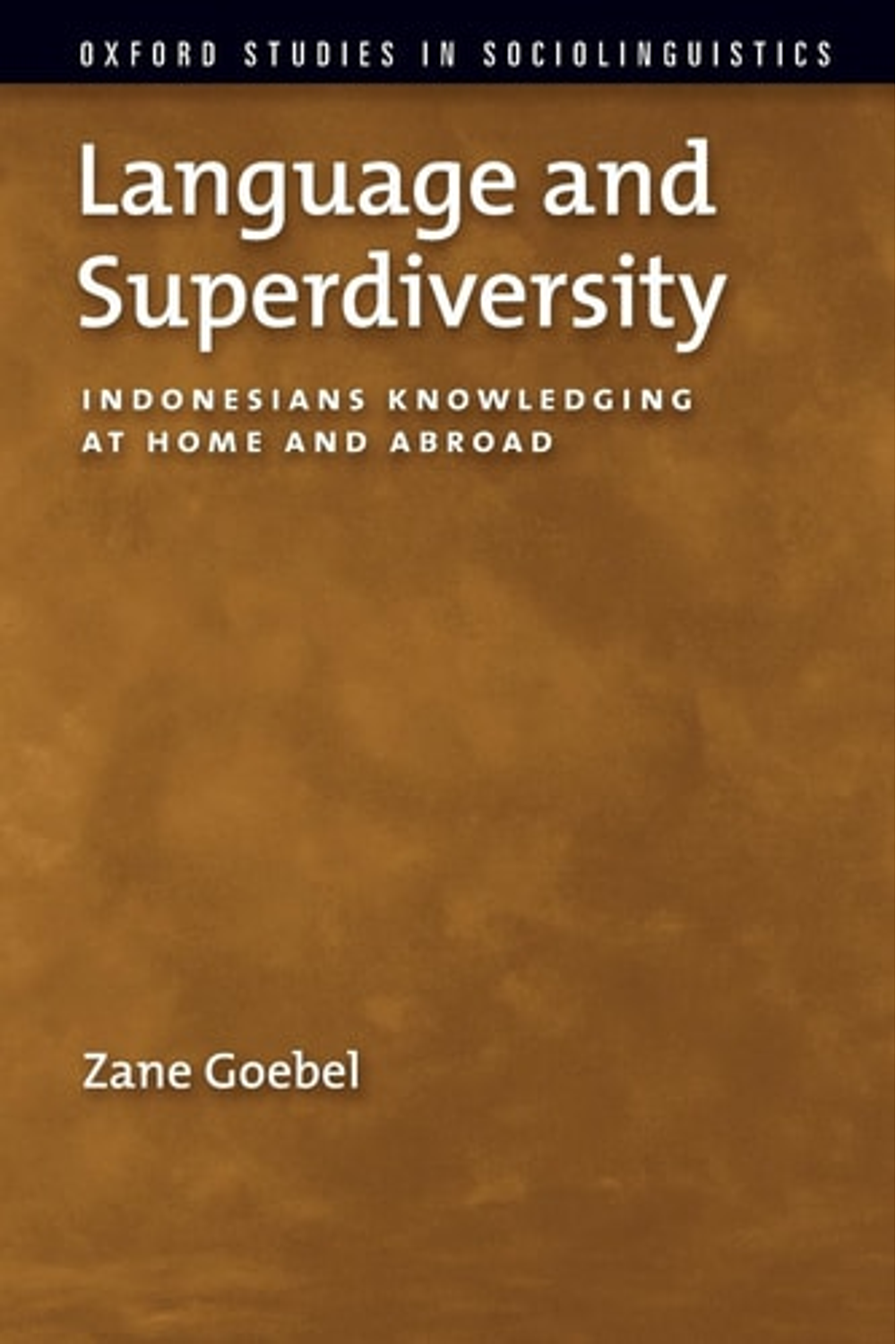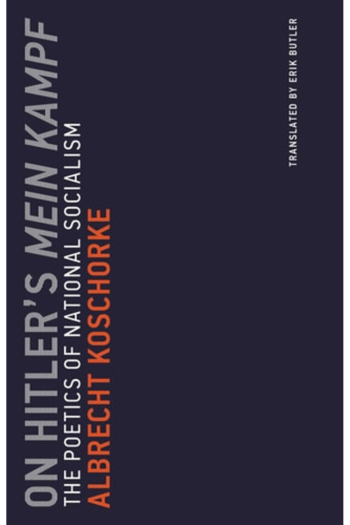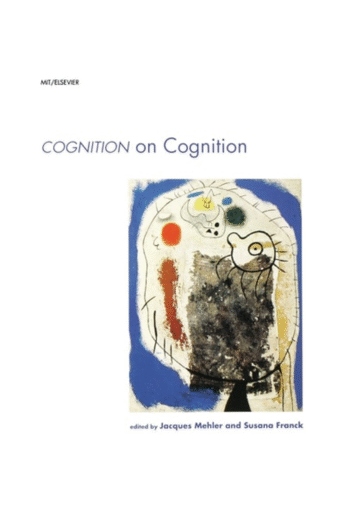Explore the fascinating intersection of language, ethnicity, and identity in Zane Goebel’s “Language and Superdiversity: Indonesians Knowledging at Home and Abroad.” This book, part of the Oxford Studies in Sociolinguistics series, delves into how Indonesian ethnicity is actively shaped and reshaped through language in various social contexts, from everyday conversations to media representations. Goebel examines the impact of globalization and technological advancements on these linguistic constructions, offering a compelling analysis of how Indonesians navigate identity both within their homeland and as sojourners in Japan. Discover how language is not merely a tool for communication, but a dynamic force in constructing and negotiating social realities. A must-read for students and scholars of sociolinguistics, Asian studies, and anyone interested in the complexities of language and identity in a globalized world.
Language and Superdiversity: Indonesians Knowledging at Home and Abroad (Oxford Studies in Sociolinguistics)
19,44 $
In stock
Scholars of language ideology have encouraged us to reflect on and explore where social categories come from, how they have been reproduced, and whether and to what extent they are relevant to everyday interactional practices. Taking up on these issues, this book focuses on how ethnicity has been semiotically constructed, valued, and reproduced in Indonesia since Dutch colonial times, and how this category is drawn upon in everyday talk. In doing so, this book also seeks to engage with scholarship on superdiversity while highlighting some points of engagement with work on ideas about community. The book draws upon a broad range of scholarship on Indonesia, recordings of Indonesian television from the mid-1990s onwards, and recordings of the talk of Indonesian students living in Japan.
It is argued that some of the main mechanisms for the reproduction and revaluation of ethnicity and its links with linguistic form include waves of technological innovations that bring people into contact (e.g. changes in transportation infrastructure, introduction of print media, television, radio, the internet, etc.), and the increasing use of one-to-many participation frameworks such as school classrooms and the mass media. In examining the talk of sojourning Indonesians the book goes on to explore how ideologies about ethnicity are used to establish and maintain convivial social relations while in Japan. Maintaining such relationships is not a trivial thing and it is argued that the pursuit of conviviality is an important practice because of its relationship with broader concerns about eking out a living.
| Authors | |
|---|---|
| Binding | |
| Condition | |
| ISBN-10 | 0199795428 |
| ISBN-13 | 9780199795420 |
| Language | |
| Pages | 292 |
| Publisher | |
| Year published | |
| Weight | 402 |
| Edition | Illustrated |
Related products
-
Equal
32,98 $ -
Cognition on Cognition
33,67 $
- Additional information
- Currencies
- USD – United States dollar
- EUR – Euro
- GBP – Pound sterling
- CNY – Chinese yuan
- BRL – Brazilian real
- MXN – Mexican peso
- JPY – Japanese yen
- PHP – Philippine peso
- THB – Thai baht
- PLN – Polish złoty
- CAD – Canadian dollar
- MYR – Malaysian ringgit
- AUD – Australian dollar
- TWD – New Taiwan dollar
- CZK – Czech koruna
- SEK – Swedish krona
- HUF – Hungarian forint
- ILS – Israeli new shekel
- CHF – Swiss franc
- HKD – Hong Kong dollar
- DKK – Danish krone
- SGD – Singapore dollar
- NOK – Norwegian krone
- NZD – New Zealand dollar





